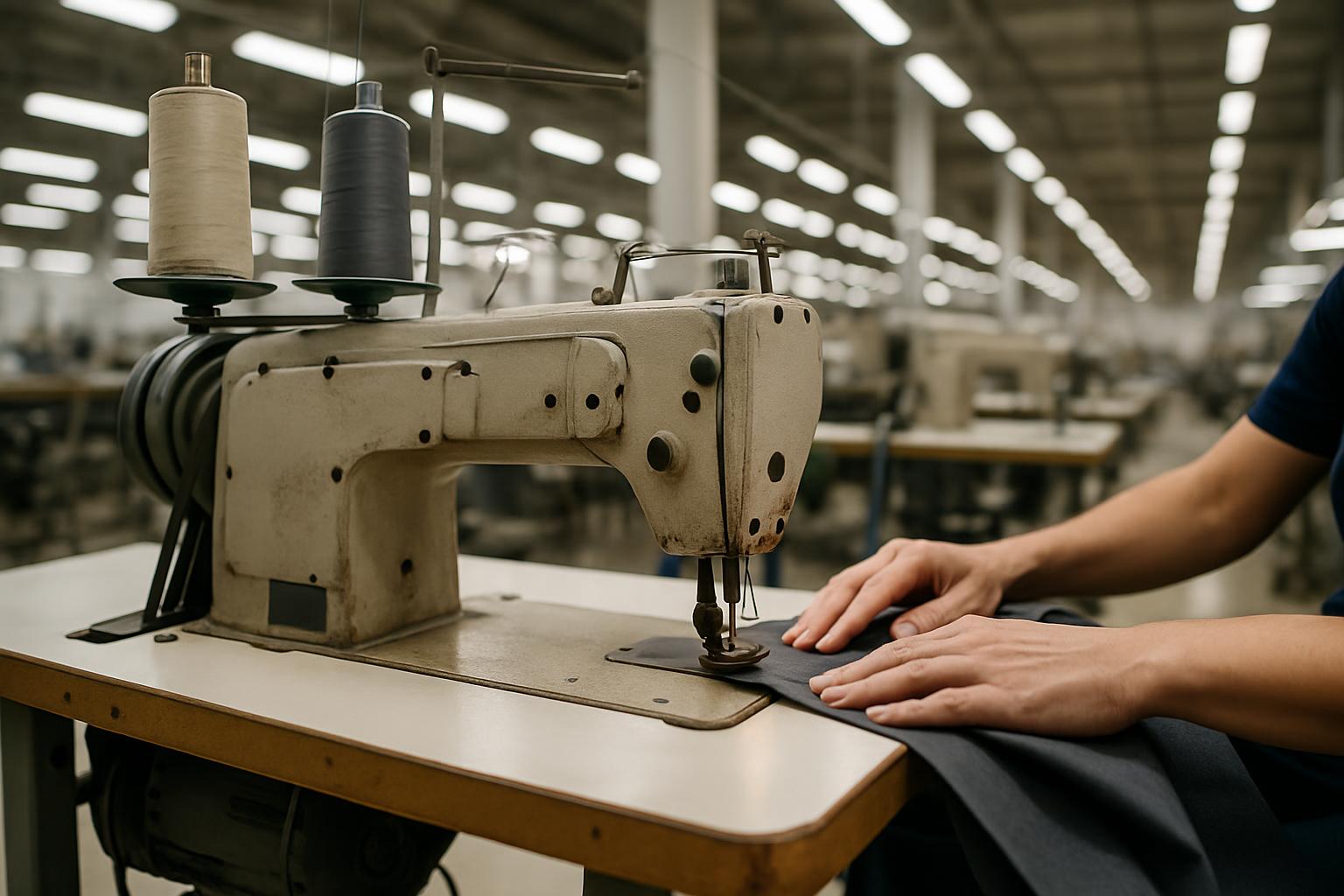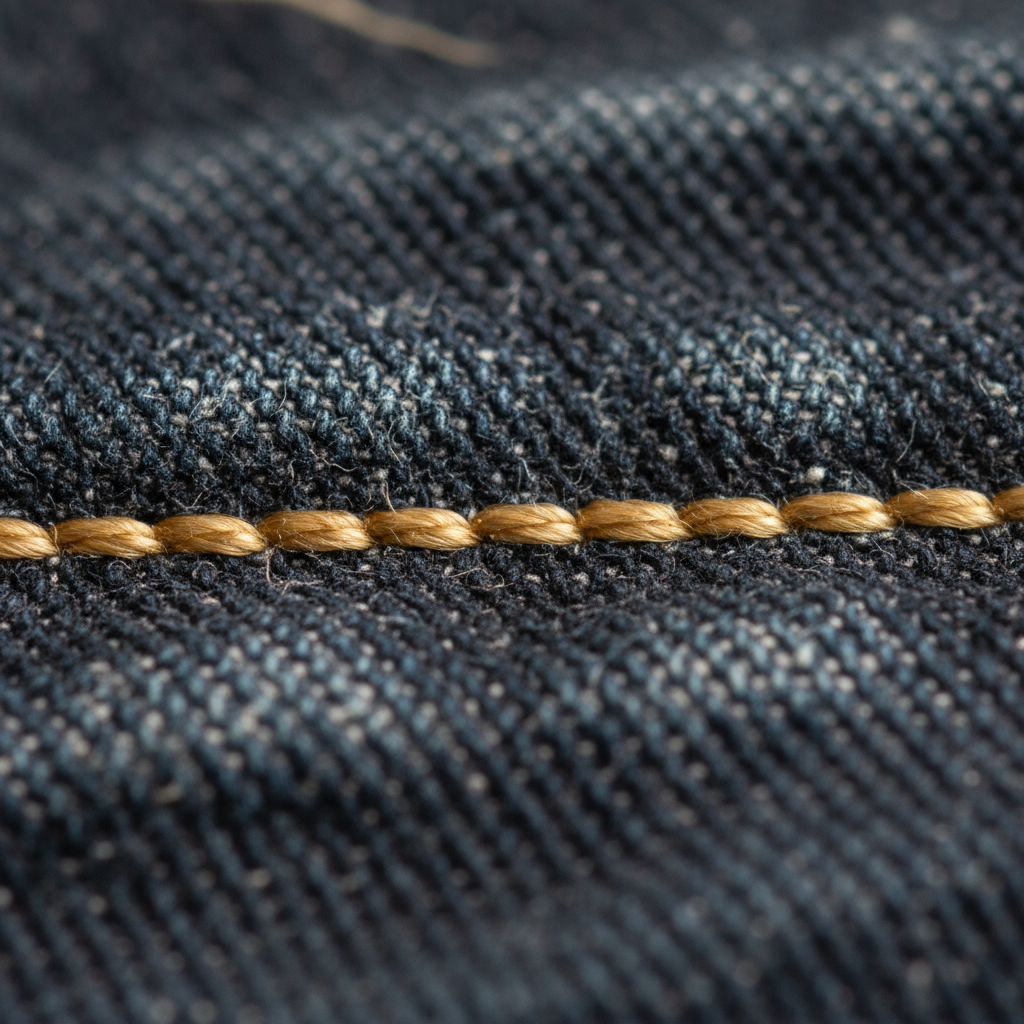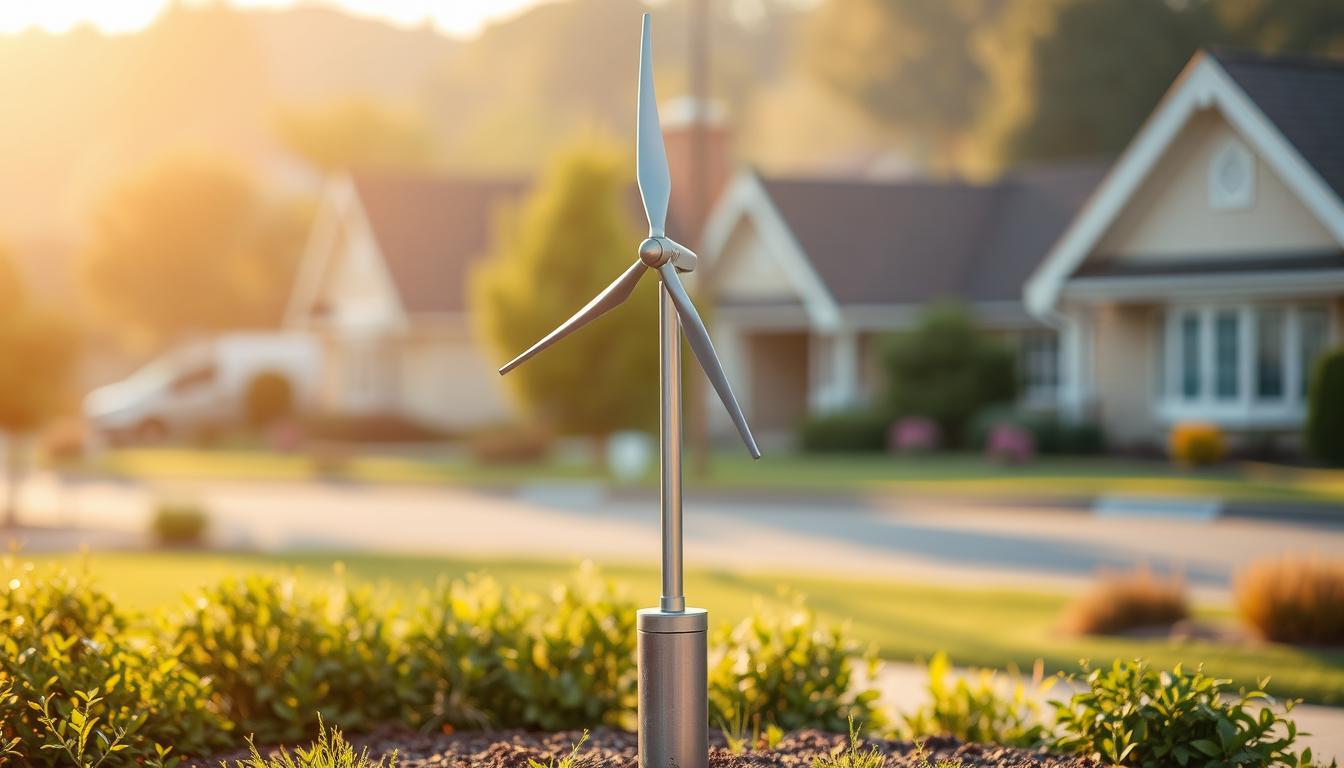In the demanding world of textile manufacturing, fashion production, and heavy-duty fabrication, the humble sewing machine transforms into a powerhouse of precision and endurance. Industrial sewing machines are the unsung heroes behind everything from designer apparel to automotive interiors, built to withstand relentless operation and deliver flawless results at high speeds. Unlike their domestic counterparts, these specialized machines are engineered for a singular purpose: continuous, high-volume, and heavy-duty performance. If you’re a professional in the sewing industry, understanding the nuances of these robust machines is crucial for optimizing your production, ensuring quality, and making sound investment decisions.
This comprehensive guide delves into the core aspects of industrial sewing machines, covering their unparalleled durability, blistering speed, and heavy-duty capabilities. We’ll compare leading brands like Juki and Brother Industrial, discuss the critical balance of cost versus value, and provide essential advice on what to look for before making your next purchase.
The Pillars of Industrial Sewing: Durability, Speed, and Heavy-Duty Performance
Industrial sewing machines are not merely larger versions of home machines; they are fundamentally different in their construction, power, and operational philosophy. These differences are what enable them to meet the rigorous demands of professional environments.
Unmatched Durability
At the heart of every industrial sewing machine lies a commitment to longevity. Designed to operate for extended periods, often 24 hours a day in high-volume production settings, their construction prioritizes robust materials and minimal plastic components [1].
•Heavy-Duty Construction: Industrial machines feature strong, durable materials such as cast-iron machine heads and precision-engineered metal components. This robust build ensures they can withstand constant vibration, high-speed operation, and the stress of sewing through tough materials without premature wear and tear.
•Longevity: With proper maintenance, an industrial sewing machine can last for decades, often outliving several generations of domestic machines. Parts are typically replaceable and readily available, contributing to an extended lifespan [2].
Blistering Speed
Time is money in manufacturing, and industrial sewing machines are built for speed. Their powerful motors and specialized mechanisms allow them to achieve stitch rates far beyond what any domestic machine can offer.
•High Stitches Per Minute (SPM): While a typical home sewing machine might operate at 800-1,000 SPM, industrial machines routinely reach speeds of 4,000 to 5,500 SPM, and specialized models can go even higher [3]. This dramatically increases production output.
•Consistent Performance: Despite their high speed, industrial machines maintain exceptional stitch quality and consistency, a testament to their precision engineering and stable operation.
Heavy-Duty Performance
The ability to effortlessly handle challenging materials and multiple layers is a hallmark of industrial sewing machines. They are purpose-built for tasks that would quickly overwhelm or damage a domestic machine.
•Powerful Motors: Equipped with powerful servo motors, these machines generate immense piercing power, allowing them to sew through thick fabrics like denim, leather, canvas, upholstery, and even multiple layers of webbing or foam with ease [1].
•Specialized Feed Mechanisms: Industrial machines often feature advanced feeding systems (e.g., walking foot, needle feed, compound feed) that ensure consistent and even fabric movement, preventing puckering or slippage when working with bulky or slippery materials.
•Dedicated Functions: Many industrial machines are designed for specific tasks (e.g., straight stitch, overlock, coverstitch, buttonhole, bar tack), allowing for optimized performance and efficiency for that particular operation.

Leading Brands in Industrial Sewing: Juki vs. Brother Industrial
When it comes to industrial sewing machines, two names consistently rise to the top: Juki and Brother Industrial. Both are renowned for their quality, innovation, and extensive range of machines tailored for professional use.
Juki: The Workhorse of the Industry
Juki, a Japanese manufacturer, is often considered the gold standard in industrial sewing. They are celebrated for their robust construction, exceptional durability, and consistent, high-quality stitching. Juki machines are known for their reliability and ability to handle continuous, heavy-duty work with minimal downtime.
•Strengths: Unrivaled durability, superior stitch quality, high-speed performance, wide range of specialized machines (lockstitch, overlock, chain stitch, etc.), excellent for heavy fabrics and long production runs.
•Popular Models: The Juki DDL-8700 (a high-speed, single-needle lockstitch machine) is an industry staple, praised for its reliability and versatility. Other popular series include the MO (overlock) and LU (walking foot) series.
•Ideal For: Large-scale garment factories, upholstery shops, leather goods manufacturers, and any operation requiring consistent, high-volume production.
Brother Industrial: Innovation Meets Efficiency
Brother, another Japanese giant, offers a strong lineup of industrial sewing machines that blend advanced technology with user-friendly features. Brother Industrial machines are often lauded for their innovative automation features, energy efficiency, and ergonomic designs, which contribute to increased productivity and operator comfort.
•Strengths: Advanced automation (e.g., automatic thread trimming, needle positioning), energy-efficient servo motors, ergonomic designs, good for a balance of speed and precision, strong technical support.
•Popular Models: Brother’s S-series (single-needle lockstitch) and NEXIO series (computerized direct-drive lockstitch) are highly regarded for their speed, efficiency, and integrated digital features. Their overlock and coverstitch machines also have a strong presence.
•Ideal For: Modern garment factories, custom apparel businesses, and operations looking for machines with integrated digital controls and automation to streamline workflows.
While both brands offer exceptional quality, Juki often has a slight edge in raw durability and heavy-duty capability for the most demanding tasks, while Brother excels in integrating smart features and automation for enhanced efficiency and ease of use.
Cost vs. Value: Making a Smart Investment
The initial investment in an industrial sewing machine is significantly higher than for a domestic model, ranging from a few hundred to several thousand dollars, depending on the type, brand, and features. However, it’s crucial to view this as an investment in productivity and longevity.
•Long-Term Savings: An industrial machine’s durability and high production capacity translate into lower per-unit costs over its lifespan. Reduced downtime for repairs and higher output per hour quickly offset the initial expense.
•Quality of Work: The superior stitch quality and ability to handle specialized materials mean a higher-quality finished product, which can command better prices and enhance your brand reputation.
•Efficiency: Features like automatic thread trimming, needle positioning, and powerful motors drastically reduce manual effort and speed up the sewing process, leading to greater overall efficiency.
For a professional operation, the value derived from an industrial machine far outweighs its cost, making it an indispensable asset rather than a mere expense.
What to Look For Before Buying an Industrial Sewing Machine
Choosing the right industrial sewing machine requires careful consideration of your specific needs and operational context. Here are key factors to evaluate:
1.Type of Machine: Determine if you need a straight stitch, overlock, coverstitch, buttonhole, bar tack, or a specialized machine for specific materials (e.g., leather, upholstery). Many operations require a combination of machine types.
2.Fabric and Material Compatibility: Ensure the machine is rated for the thickness and type of fabric you will primarily be working with. Look for appropriate feed mechanisms (e.g., walking foot for slippery or thick materials).
3.Motor Type: Modern industrial machines typically come with servo motors, which are energy-efficient, quiet, and offer precise speed control. Clutch motors are older, louder, and less efficient but still found on some older models.
4.Speed (SPM): Match the machine’s maximum SPM to your production requirements. Higher speeds are great for long, straight seams, but precise control is needed for intricate work.
5.Stitch Length and Type: Confirm the machine offers the necessary stitch length adjustments and stitch types for your projects.
6.Automation Features: Consider features like automatic thread trimming, needle up/down positioning, and automatic backtacking if they will significantly improve your workflow and efficiency.
7.Table and Stand: Industrial machines come with dedicated tables and stands. Ensure the setup is ergonomic and suitable for your workspace.
8.Brand Reputation and Support: Opt for reputable brands like Juki or Brother, which offer reliable machines, readily available parts, and good technical support.
9.New vs. Used: While new machines offer warranties and the latest technology, well-maintained used industrial machines can be a cost-effective option, given their inherent durability.

Conclusion: The Foundation of Professional Sewing
Industrial sewing machines are the backbone of any serious sewing operation. Their superior durability, incredible speed, and heavy-duty capabilities make them indispensable tools for professionals who demand efficiency, precision, and longevity. By carefully considering your specific production needs, understanding the strengths of leading brands like Juki and Brother, and evaluating the long-term value, you can make an informed decision that will empower your business for years to come. Investing in the right industrial sewing machine isn’t just buying equipment; it’s investing in the future of your craft and your production capabilities.
References
[1] Vinyl Technology. (n.d.). Industrial Sewing Machine Features And Benefits. Retrieved from https://www.vinyltechnology.com/blog/industrial-sewing-machine-features/
[2] Quora. (n.d.). What is the average lifespan of industrial sewing machines in high-volume production? Retrieved from https://www.quora.com/What-is-the-average-lifespan-of-industrial-sewing-machines-in-high-volume-production
[3] Techsew. (n.d.). Techsew 8700 High Speed Lock Stitch Industrial Sewing Machine. Retrieved from https://www.techsew.com/us/techsew-8700-high-speed-lock-stitch-industrial-sewing-machine.html

Leave a Reply